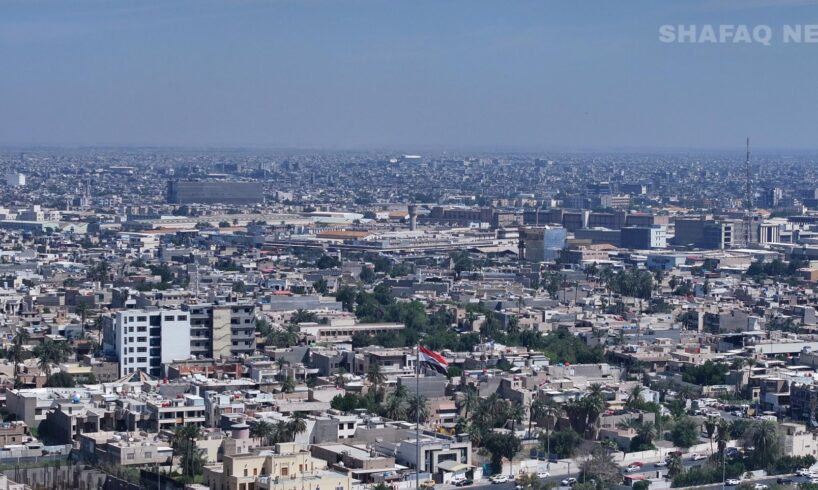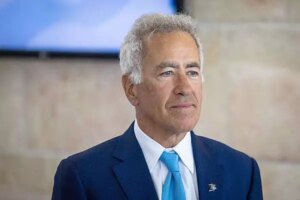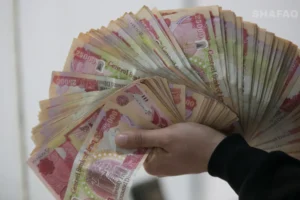
2025-08-26T05:59:43+00:00
font
Enable Reading Mode
A-
A
A+
Shafaq News
Um Ali’s dream of owning a home in Baghdad faded when a
long-promised housing project was handed over to a private investor. “There
were no real units for people like us,” she says.
With land prices soaring and construction costs far beyond
reach, her husband’s salary barely covers rent and daily expenses. “Even if we
got a plot, we couldn’t afford to build.”
Her story reflects a growing crisis. Iraq’s housing gap has
surpassed 3 million units by the end of 2024, fueled by rapid population
growth, rural-to-urban migration, and a backlog of stalled housing projects.
Experts warn that if current trends continue, the shortage will become
increasingly difficult to reverse.
Official data from Iraq’s Federal Board of Supreme Audit
shows that 65% of government housing projects were delayed or abandoned as of
2023. With an annual population growth rate of 2.6%, Iraq needs to build at
least 250,000 housing units each year just to keep up.
Abdul-Zahra al-Hindawi, spokesperson for the Ministry of
Planning, told Shafaq News that housing remains a top priority in government
plans. He pointed to several initiatives, including Iraq’s five-year
development strategy (2024–2028), and said 16 new residential cities are either
under construction or in preparation.
Still, 4 million people continue to live in informal
settlements, al-Hindawi acknowledged, complicating the government’s vision of
dignified housing for all.
MP Diaa al-Hindi al-Hasnawi, a member of the Parliamentary
Investment and Development Committee, blames years of bureaucratic inertia and
unfulfilled promises. “Delayed execution has eroded public trust,” he told
Shafaq News, adding that complex procedures continue to hinder residential
projects, especially in overcrowded provinces.
According to economist Karim al-Hilu, three main factors are
driving the crisis: population growth, rural displacement due to agricultural
decline, and the lack of government-backed solutions. He also criticized the
misuse of housing complexes, which he says were meant for low-income families
but were monopolized by money launderers and corrupt investors.
Al-Hilu urged the government to develop inclusive projects
that serve all income levels, while restricting access to those without
existing property, and called for stronger rural development to reduce
migration pressures on cities.
Economist Ahmad Abedrabbuh, outlined deeper structural
issues—he cited the lack of unified legislation for land allocation, an
underdeveloped mortgage sector, and the burden of overlapping authorities—up to
12 regulatory bodies involved in a single project.
Abedrabbuh estimated that private sector participation
remains below 15% due to limited guarantees and poor infrastructure in
second-tier cities. He proposed sweeping reforms: a national housing authority
with executive powers, unified licensing procedures, and the issuance of 7%
yield-backed housing bonds for citizens and expatriates.
He also recommended allocating state-owned land for joint
investment projects, capitalizing a sovereign housing fund with 20% of oil
surplus, and launching a “Housing for Professionals” initiative to help
teachers, doctors, and engineers purchase affordable homes.
In his view, Iraq’s housing crisis is not just about
numbers—it is about fairness. “This is a justice issue,” Abedrabbuh concluded.
“Without political will, executive capacity, and legislative support, the next
generation will have no path to stable living.”
Written and edited by Shafaq News staff.





